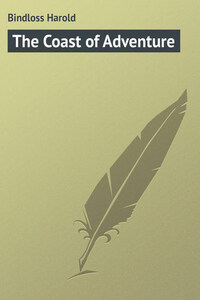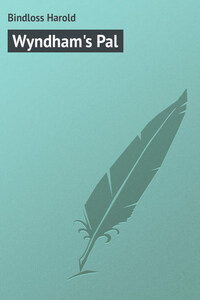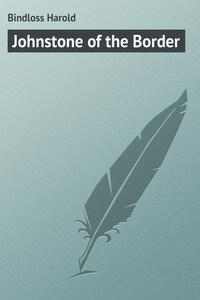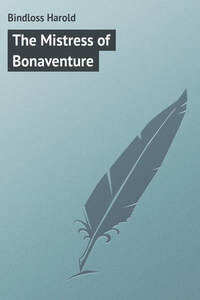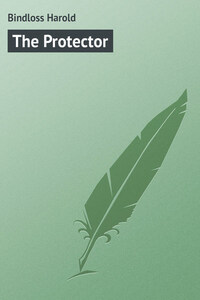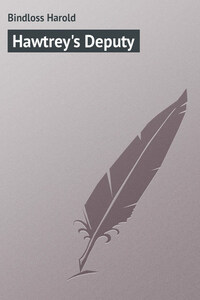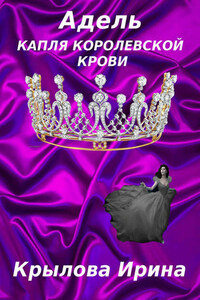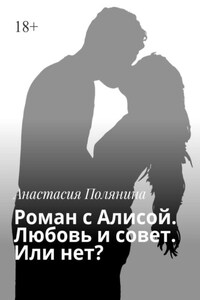CHAPTER I
FATHER AGUSTIN'S SHEEP
High on the sun-scorched hillside above the steamy littoral of the Caribbean Sea the Spanish-Indian town of Rio Frio lay sweltering in the heat of afternoon. The flat-topped, white houses surrounding the plaza reflected a dazzling glare, and the heat shimmered mercilessly upon the rough paving-stones. Flakes of plaster had fallen from the buildings; a few of them were mere ruins, relics of a past age; for the town had been built when conquistadores from Spain first plunged into the tropic forest to search for El Dorado. Here and there dilapidated green lattices shaded upper windows, and nearer the ground narrow openings were guarded by rusty iron bars; but some of the houses showed blank outer walls, and the plaza had rather an Eastern than an American look. Spain has set upon the New World the stamp the Moors impressed on her.
At one end of the plaza stood the Café Four Nations, a low, open-sided room, with a row of decaying pillars dividing it from the pavement. It was filled with flies, which stuck in black clusters to the papers hanging from the tarnished lamps and crawled about the dusty tables. The hot air was tainted with aniseed, picadura tobacco, and the curious musky smell which is a characteristic of ancient Spanish towns. On the right-hand side of the square rose the twin towers of the church of San Sebastian. Wide steps led up to the patch of shadow where a leather curtain left uncovered part of the door, and a niche above sheltered an image of the martyr with an arrow in his breast. The figure was well modeled and grimly realistic.
Opposite the café, the calle Mercedes cut a cool, dark gap through the dazzling town. On its outskirts, the hillside fell sharply to a wide, green level. Beyond this a silver gleam indicated the sea.
The café was in shadow, and at its inner end a number of citizens lounged, half asleep, in low cane chairs. The hour of the siesta had slipped away, but it was not yet time for dinner, and, having read the newspaper and guardedly discussed politics, the leading inhabitants of Rio Frio had nothing else to do. They were men with formal manners, a few dressed in rusty black, and some in white cotton, but all were not of pure European blood. One or two, indeed, plainly showed their Negro descent; others the melancholy of the Indian aboriginal.
Near the front pillars, a priest and two men of lighter color were seated at a table. Father Agustin wore a threadbare cassock and clumsy rawhide shoes, but he had an air of quiet dignity, and his sharply cut features were of the Gothic type, which is not uncommon in Spain. His accent was also clean Peninsular. James Grahame, who sat opposite across the chessboard, wore the same vague but recognizable stamp of breeding, though his duck suit was getting ragged and his red silk sash was obviously cheap. He had steady gray eyes, and light hair, a rather prominent nose and a firm mouth. He looked older than his thirty years. The lines on his forehead hinted at stern experience, and his alertness was partly masked by an easy self-control. Walthew was younger, and dressed with scrupulous neatness in duck, with smart tan shoes. His face was mobile, his glance quick but open, and his mouth sensitive; he had the look of an aristocratic American.
Father Agustin made a deprecatory gesture as his thin, long-nailed hand moved across the board, and Grahame smiled.
"Yes," he said, filling the tiny glass before the priest, "it is mate this time, padre. When you had made a few moves I foresaw defeat, but while the candle burns one plays out the game."
"It is so, but not with all," Father Agustin replied in his fine Castilian. "The losing game needs courage."
"Experience helps. Getting beaten does not hurt so much when one grows used to it."
"Ah!" said the priest, "that is the way to the greatest victory man can win. But I am your guest, and will not moralize. I must compliment you on the game you play. It is bold and well thought out, but perhaps somewhat lacking in finesse."
"I am afraid finesse is not a virtue of mine," Grahame smiled.
Father Agustin studied him quietly. When the Briton spoke he lost something of his reserve. His glance got keen, and his eyes had a curious hawk-like look. The priest could imagine him as swift and determined in action; quick to seize an advantage, but not a good plotter.
"For all that, it is a quality that is useful when one deals with the Latins, at Rio Frio, or elsewhere," the priest said.
"With apologies, padre, that is certainly true," Walthew agreed.
"So you have some business here? Perhaps, like the others, you seek a mineral concession."
"No. Our host, Don Martin, is of course out of office and doesn't deal in them."
"He never will," the priest said quietly. "The natural wealth of this country belongs to its people, but it is stolen from them, piece by piece, and given to foreigners."
"The foreigners pay for what they get."
"Yes," said the priest; "but where does the money go? If it were spent on the development of the country, one would not complain; but it is gamblers and courtezans who benefit. Those who hold office here fill their pockets from the public purse, and what is left when they are satisfied is needed to keep the Government in power."
